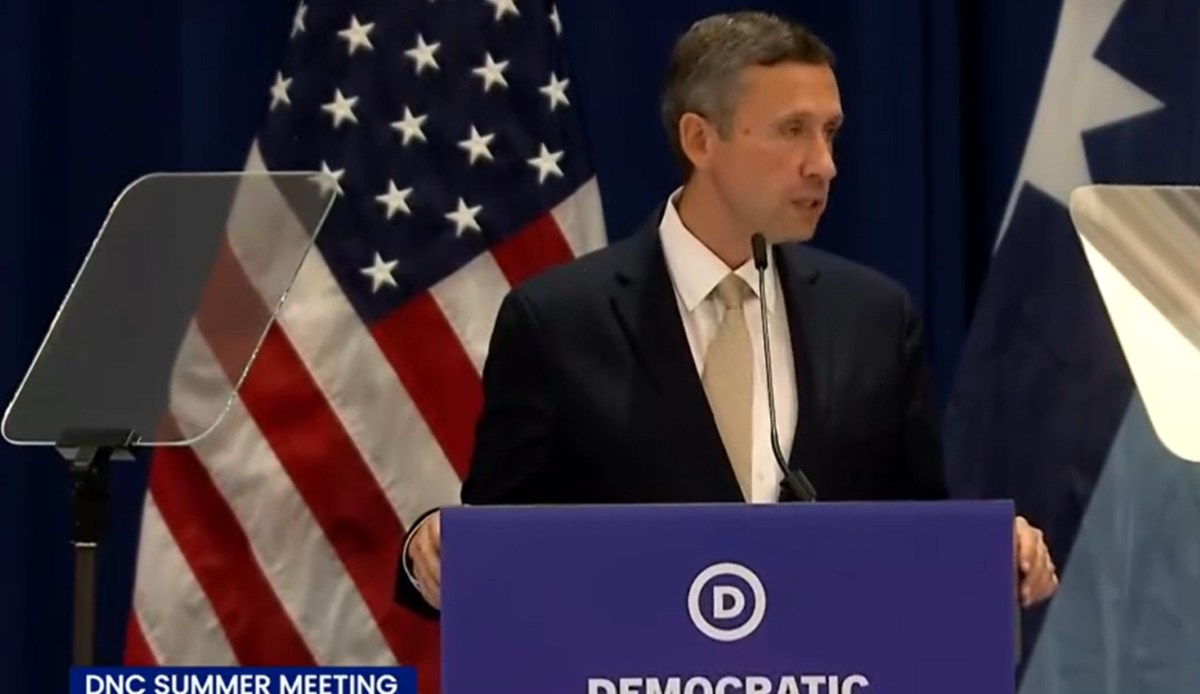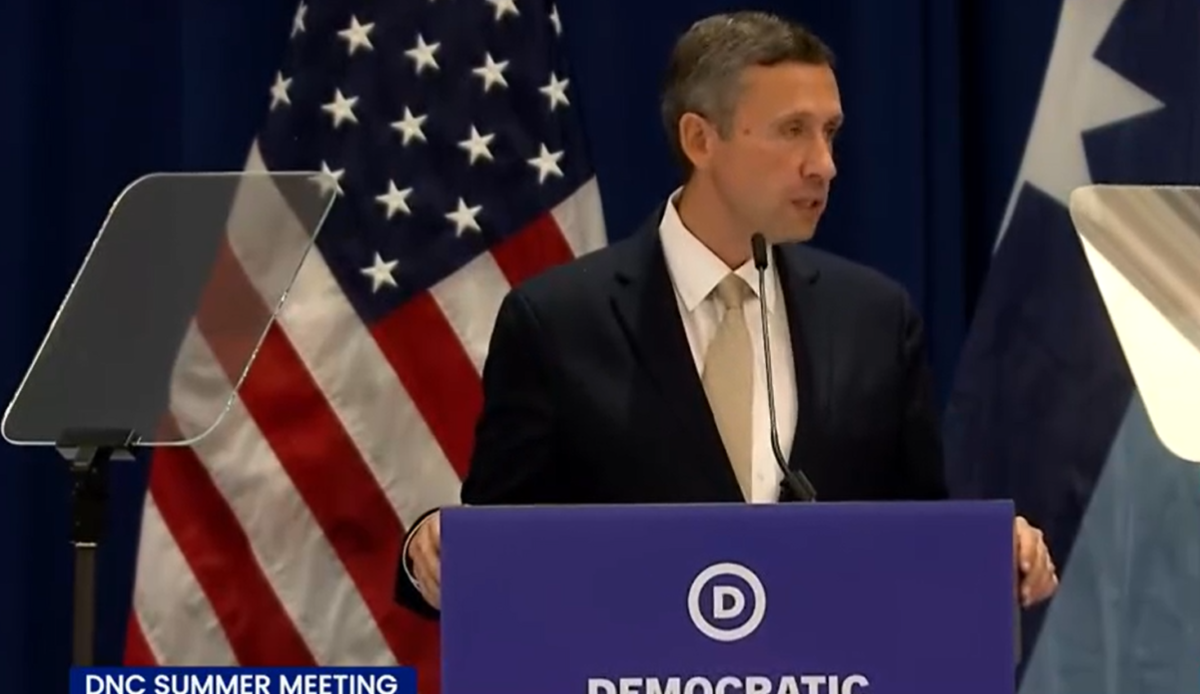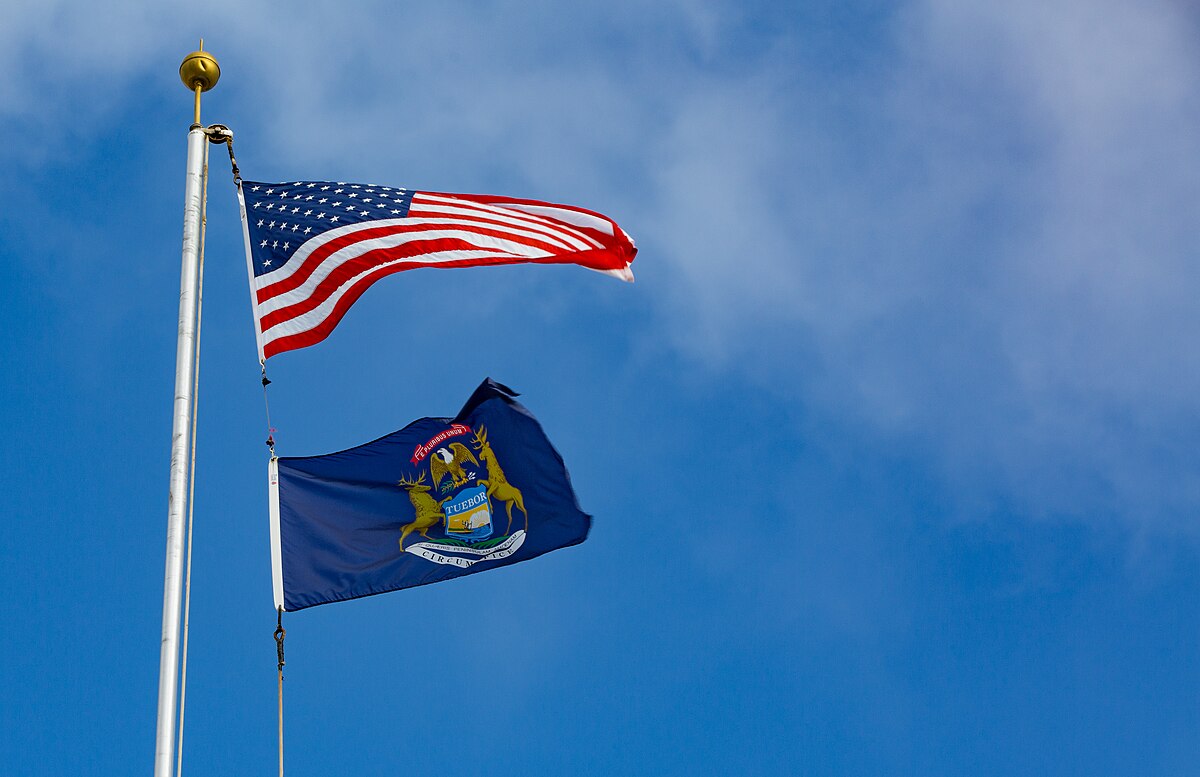A recent report by The New York Times has raised questions about whether certain nonprofit organizations affiliated with the Democratic Party have violated IRS rules regarding voter outreach activities. The analysis highlights a significant decline in registered Democratic voters and suggests that some groups may be using nonpartisan status to engage in partisan voter mobilization efforts.
The Times reported that various nonprofits have solicited donations without disclosing donor identities to register voters, particularly among Black, Latino, and younger demographics. Critics argue that these organizations, while technically nonpartisan, operate under the assumption that new voters will predominantly support Democratic candidates.
“Though the groups are technically nonpartisan, the underlying assumption has been that most new voters registering would vote Democratic,” the Times noted. This raises concerns about whether these organizations are circumventing IRS regulations that prohibit tax-exempt nonprofits from engaging in biased voter registration efforts.
Ben Weingarten, editor at large for RealClearInvestigations, pointed out that the use of charitable organizations for voter mobilization could be seen as a way for wealthy donors to evade political contribution limits. He stated, “Politically minded donors reap tax breaks from their gifts to some groups that register voters on a nonpartisan basis and that are considered charities.”
Among the organizations mentioned is the Voter Participation Center, which has previously solicited millions of ballot applications in key swing states. Its CEO, Tom Lopach, defended the group’s mission, emphasizing its focus on underrepresented voting-eligible Americans. “We aim to help a New American Majority register and vote,” Lopach said.
Another organization, the Everybody Votes Campaign, has reportedly collected over $190 million from Democratic donors and unions from 2016 to 2021. The campaign aims to close the voter registration gap in communities of color, which it attributes to barriers like voter ID laws. Nellie Sires, the campaign’s executive director, stated, “Our goal is to expand access to our democracy for people in communities of color.”
The Times’ report suggests that these organizations may be acting disingenuously, using euphemistic language to mask partisan activities. Critics argue that the reliance on identity-based voter mobilization reflects a troubling view that political affiliations can be reduced to race, gender, or age.
The implications of these findings are significant, as they suggest that the organizations may have violated IRS rules that prohibit biased voter registration and get-out-the-vote activities. The report indicates that the Democratic Party has leveraged these nonprofits to unlock substantial funding while sidestepping federal regulations.
As the 2024 elections approach, the future of these voter registration and mobilization efforts remains uncertain. Questions persist regarding whether authorities will scrutinize these organizations to determine if they have operated in violation of the requirements necessary to maintain their tax-exempt status.
In summary, the Times’ analysis has brought to light potential ethical and legal concerns surrounding the use of nonprofit organizations for partisan voter mobilization. As the political landscape evolves, the effectiveness and legality of these tactics will likely continue to be debated.
READ ICE Arrests Convicted Criminals in Nationwide Operation



